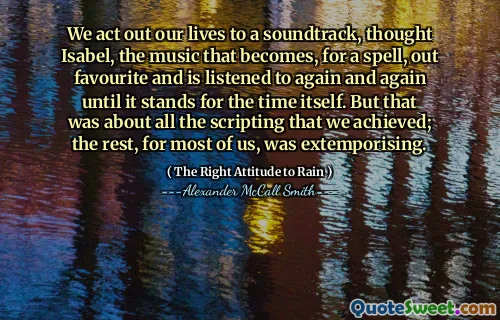
I grew up with a heavy diet of gospel, folk, and blues because those are kind of the cornerstones of traditional American music.
Ben Harper's reflection on his musical upbringing offers a profound insight into the cultural tapestry of American music. The mention of gospel, folk, and blues as cornerstones underscores their foundational role in shaping not only individual artists like Harper but also broader musical genres across the United States. These genres are more than just styles of music; they embody the historical struggles, hopes, spiritual beliefs, and storytelling traditions of diverse communities. Gospel music, rooted in spirituals and church hymns, conveys messages of faith and resilience. Folk music captures stories of everyday life, struggles, and cultural identity through simple melodies and lyrics passed down through generations. Blues, with its origins in African American history, encapsulates feelings of sorrow, endurance, and ultimately, hope, often expressed through soulful melodies and expressive lyrics. Recognizing these genres as cornerstones highlights their enduring influence on contemporary music scenes, influencing genres like rock, R&B, and jazz. The statement also emphasizes the importance of cultural heritage and musical roots—understanding and appreciating these genres offers insight into the broader American narrative. Harper’s upbringing according to these traditions reflects how personal and cultural histories are woven into the fabric of music, ultimately shaping an artist’s voice and worldview. This insight encourages listeners and musicians alike to explore and honor the rich, varied origins of their musical influences, fostering a deeper appreciation for the diversity and resilience embedded within American musical traditions.







